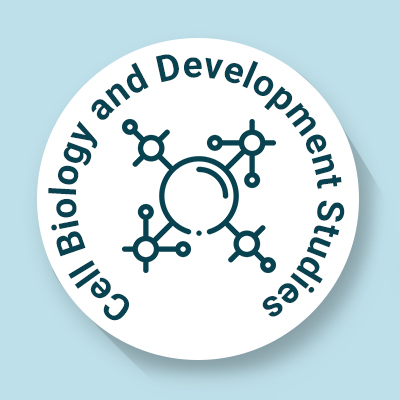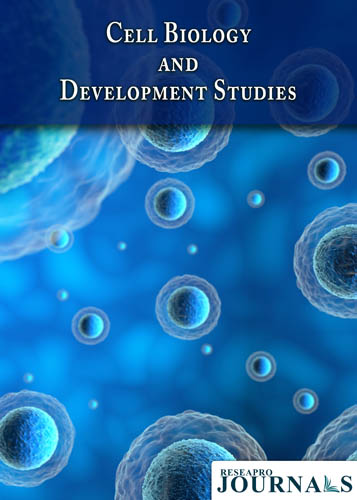
Cell Biology and Development Studies
OPEN ACCESS

OPEN ACCESS

Department of Microbiology, University of Agricultural Sciences and Veterinary Medicine of Cluj-Napoca, Cluj-Napoca, Romania
Artemisinin, a natural compound derived from Artemisia annua, is renowned for its potent antimalarial properties. Recent studies have revealed its potential neuroprotective effects,suggesting it may enhance neuronal cell viability and promote recovery in various neurodegenerative conditions. This paper explores the neuroprotective properties of artemisinin in vitro, focusing on its ability to mitigate cellular stress, reduce apoptosis, and improve neuronal function. We examine the molecular mechanisms underlying its e ects, including modulation of oxidative stress, in ammatory pathways, and mitochondrial health. Our ndings suggest that artemisinin holds promise as a therapeutic agent for neurodegenerative diseases, o ering a novel approach to enhancing neuronal survival and function. Further research is warranted to validate its e cacy and safety in preclinical models and clinical settings. Studies investigating its impact on neuronal cell viability have revealed promising results, suggesting that artemisinin may o er novel avenues for treating neurodegenerative diseases and other neurological disorders. This article delves into the mechanisms through which artemisinin stimulates neuronal cell viability and its potential as a neuroprotective agent.
Received 03 February 2025; Revised 26 February 2025; Accepted 07 March 2025
Department of Microbiology, University of Agricultural Sciences and Veterinary Medicine of Cluj-Napoca, Cluj-Napoca, Romania